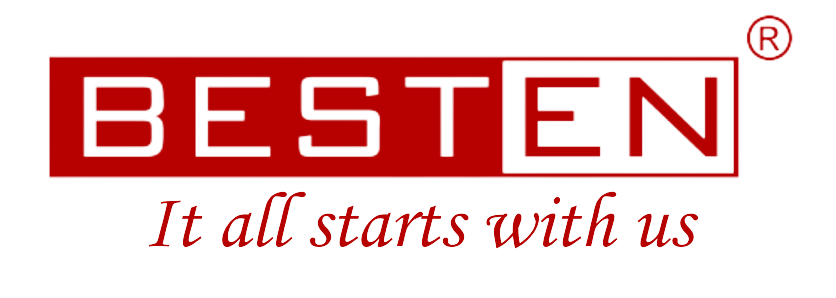How do fire and explosions affect industries?
Fires and explosions are major reasons for the loss of life and property across countries in industries. Hence, it is necessary to design a facility that can reduce start and prevent the spread of fire. The industrial MEP consultant and architect have to create a design for the facility with reduced risks.
Research shows that in India from 2014 till 2017, about 6368 people have lost their lives in industrial accidents, with most accidents happening in Delhi, Maharashtra and Rajasthan.
It is essential to analyze the research and understand the importance of fire prevention and fire protection system. However, the employee on the shop floor should also understand the need for a plan in place. Furthermore, training should be given to the employees who handle potentially fire-inducing or flammable products. As a result, they are aware of the risks and take precautions accordingly.
Causes
Some of the common causes of fire and explosion are:
Combustible dust:
These combustible dust particles are suspended in the air. Certain conditions make these particles combustible. When these dust particles burn, they cause small fires to big explosions. Small steps can prevent fires. A few of them are:
-
- A good housekeeping routine.
- Safely collecting combustible dust.
- Follow regulations, standards
- Training on combustible dust-related hazards
Hot work:
Hot work includes activities like welding, torch cutting, brazing, burning, heating, soldering etc. Moreover, the fire sparks and molten material may reach very high temperatures and cause a fire. The fires caused by hot work can be prevented by:
-
- Doing hot work only when needed.
- Use a hot permit system. There should be a supervisor
- Training employees on the hazards of hot work and how to prevent the fires
- How to keep the area near to hot work clean
- Importance of housekeeping
Flammable gases and liquids:
The liquids and gases which are flammable have a high risk of fires. A trained person should handle the liquids and gases. Some precautions to avoid fires and explosions are:
-
- The material should have a datasheet of every liquid and gas
- Store the flammable materials separately
- Wear protective gear while handling such liquids or gases.
- Ensure that the Fire fighting system is in place.
Equipment and Machinery:
In fact, fire is caused by faulty, improperly installed or maintained equipment. These causes can be reduced by:
-
- Increased awareness in the workforce
- Good housekeeping
- A properly maintained equipment.
Electrical Hazards:
There are many causes of fire and explosion due to electrical hazards. Exposed wiring, overloaded outlets, overloaded circuits, static discharge etc are common fire hazards. The source of the fire can be anywhere- it may just cause a spark and the dust may become the ignition source. A few ways of prevention are:
-
-
- The industrial MEP design consultant designs the circuits, electrical equipment and power outlet according to the requirements. They should ensure that there is no overloading.
- Additionally, unplug equipment when not in use.
- Use anti-static equipment.
- Good housekeeping
- It is good to give the employee an option to report any issues with the equipment.
-
Steps to prevent fire and explosion
A. Hazard Study: A hazard study should be done into the process while designing the facility. This ensures that there are systems in place to prevent mishaps.
B. A good design: The architect designs a facility that has been built to suit the client’s requirements. The involvement of an industrial MEP design consultant is essential from the concept stage. As a result, the industrial MEP design consultant incorporates all systems in place to mitigate the risks.
C. Proper Fire protection system: A proper fire protection system ensures that the fire doesn’t occur and if it ever happens, there are systems in place for evacuation. There are signages at strategic places for guiding people to the nearest collection point.
D. Safety Training: The shop floor staff should be provided with general safety training and training specific to their process.
E. Housekeeping: A good and routine housekeeping helps in preventing fires and explosions.
F. Equipment Maintenance: The equipment should be maintained properly.
To conclude, Architects and MEP Consultants have to work together to enhance safety mechanisms in the facility. Additionally, it is essential for an industrial design consultant to incorporate fire protection equipment in place.












